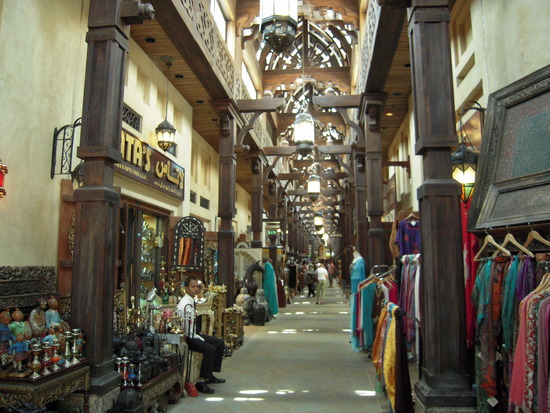The Best Markets in Morocco ..The Souk.
 Aït Ben Haddou: One of the country's most picturesque kasbahs is also one of its most easily accessed. Just a 15-minute drive from the country's movie capital, Ouarzazate, Aït Ben Haddou has also seen its fair share of Hollywood stars, having been used in movies such as Gladiator and Lawrence of Arabia. A UNESCO World Heritage Site that sees more than 130,000 visitors a year, the kasbah is best visited early in the morning before both the crowds and heat arrive. This is when the first rays of sun light up the kasbah's earthen walls, and imaginative minds can conjure images of a time when this was one of the most important stops on the lucrative West African caravan trade route.
Aït Ben Haddou: One of the country's most picturesque kasbahs is also one of its most easily accessed. Just a 15-minute drive from the country's movie capital, Ouarzazate, Aït Ben Haddou has also seen its fair share of Hollywood stars, having been used in movies such as Gladiator and Lawrence of Arabia. A UNESCO World Heritage Site that sees more than 130,000 visitors a year, the kasbah is best visited early in the morning before both the crowds and heat arrive. This is when the first rays of sun light up the kasbah's earthen walls, and imaginative minds can conjure images of a time when this was one of the most important stops on the lucrative West African caravan trade route.Fes el Bali: Within this ancient medina's walls lies a medieval city as alive today as it was 1,200 years ago. Its 9,500 alleyways, lanes, and streets are largely pedestrian-only, and one turn can reveal a heaving mass of people, donkeys, mules, and produce, while another brings a calm, quiet, and cool picture of serenity. Considered Morocco's spiritual heart, it's also one of its most creative, with workshops housing skilled craftsmen found throughout. This is more than a must-see -- it's a must experience.

Essaouira: This seaside resort's medina is Morocco's most traveler-friendly. Large enough to wander around for a couple of days but small enough to never get too lost, it's a delightful mix of modern and traditional. There's a range of stylish yet affordable accommodations to suit all budgets and tastes, as well as a good choice of restaurants and cafes, all combining with traditional sights such as the fish market and jeweler's souk. There's also a large square that's perfect for a coffee break and quality people-watching, which leads onto a quaint port where fishermen still bring in the daily catch and mend their nets.

Kasbah des Oudaïas: Rabat's elevated and compact kasbah looks out over the mouth of the Oued Bou Regreg, and over the centuries it's seen dynasties come and go and has housed a band of notorious pirates. It's a quiet and airy quarter with a few attractions, a quaint maison d'hôte, and both a cafe and viewing platforme that afford sweeping views of the river mouth and adjoining beaches. A welcoming sea breeze usually sifts its way through the kasbah, making for a very pleasant stroll through its winding alleys, past whitewashed houses and brightly colored doors.
Marrakech
 : Fes's jet-setting sister is riding a massive tidal wave of popularity at the moment, largely thanks to a sharp rise in international airline routes flying directly from Europe. And who wouldn't want to come here? This city's ancient medina has got it all: shops and souks specializing in most of the country's renowned crafts; a central square, Jemaa el Fna, where the most fascinating spectacle takes place daily; and a plethora of accommodations and restaurants ranging from traditional and conservative to ultrachic and sexy.
: Fes's jet-setting sister is riding a massive tidal wave of popularity at the moment, largely thanks to a sharp rise in international airline routes flying directly from Europe. And who wouldn't want to come here? This city's ancient medina has got it all: shops and souks specializing in most of the country's renowned crafts; a central square, Jemaa el Fna, where the most fascinating spectacle takes place daily; and a plethora of accommodations and restaurants ranging from traditional and conservative to ultrachic and sexy.Taroudannt: Enclosed by an almost unbroken circuit of 16th-century walls and largely ambivalent to the proclaimed marvels of tourism, Taroudannt is as authentic as they come. Lacking any great sights, the attraction of coming here is the staunchly Berber town itself. Travelers can walk the streets without any hassle from touts or faux guides, watching the locals go about their everyday lives without the haste of many other Moroccan towns and cities.
morocco culture,moroccan food,morocco food,moroccan cuisine,morocco beaches,moroccan meal,beaches in morocco,moroccan culture,hercules cave,hercules cave morocco